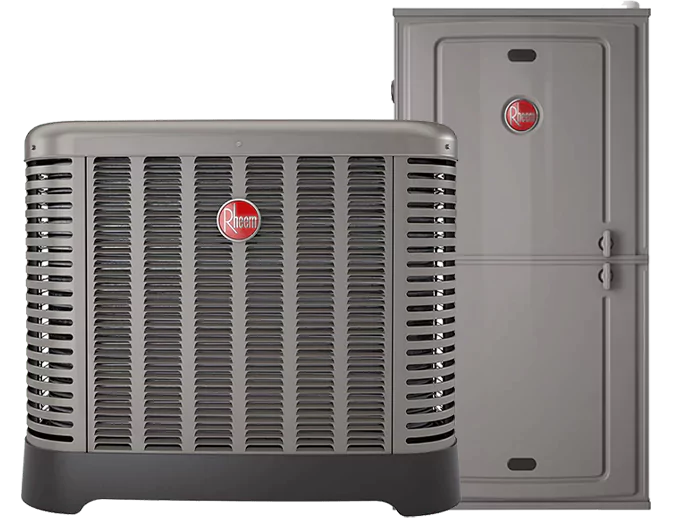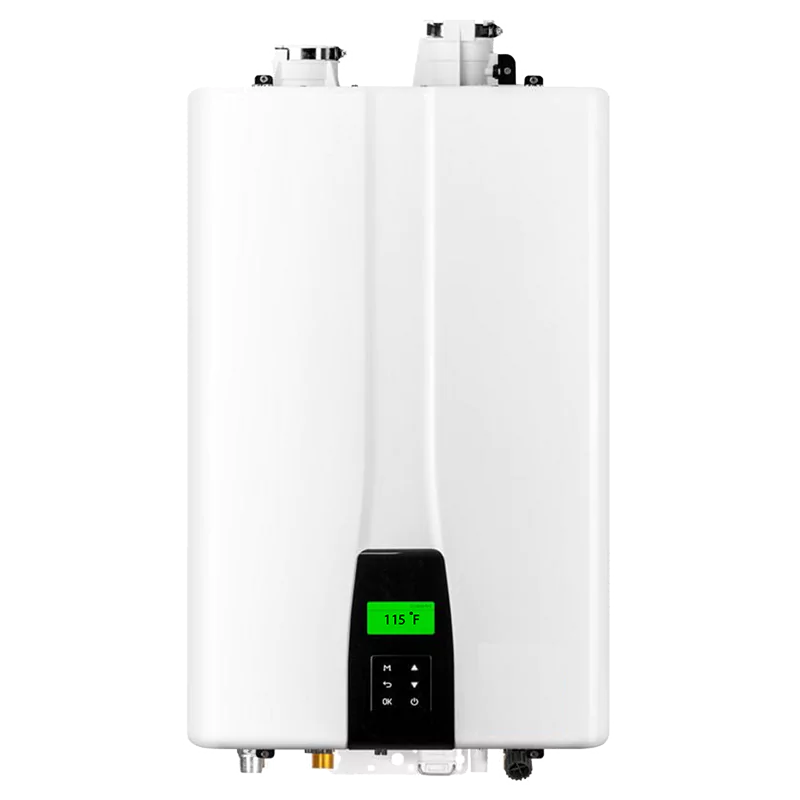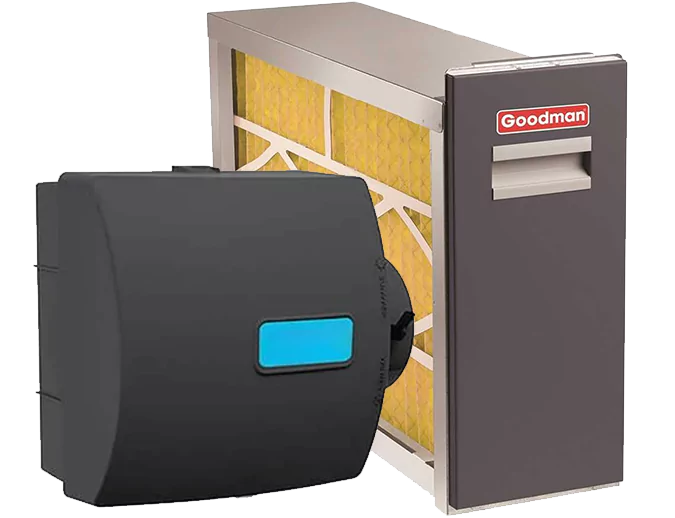Has something gone wrong? Schedule service today!
Yes:
1. Here are some important things to remember about re-lighting your furnace pilot light.
2. If you have followed the above steps on how to light a furnace more than twice and the pilot light.
No:
Too hot:
Need more help? Call us or schedule your service now!
While there are a myriad of factors to consider when weighing whether to replace your water heater, the most important one tends to be age. Traditional water heaters generally have a lifespan of 10-15 years, while tankless systems can last 20 years or more. However, your water heater may wear down earlier depending on the quality of your water heater.
Need more help? Call us or schedule your service now!
Technically, yes. Electric and gas water heaters can explode, if the temperature and pressure relief valves malfunction. You will also want to watch out for gas leaks, if gas is the fuel that your unit runs on. However, the good news is that these problems are extremely rare—especially if you call an experienced technician right away when something seems off with your unit. With regular water heater repairs and maintenance, your household will remain completely safe and your water heater will run at maximum efficiency for years to come.
Need more help? Call us or schedule your service now!
Your water heater’s EF, or Energy Factor rating, is the measurement of its overall energy efficiency. EF is calculated by comparing the total amount of energy it takes to heat your water with the unit’s daily energy consumption. The higher your water heater’s EF rating is, the lower your operating costs will usually be. While water heaters with a higher EF are generally more expensive to install, they are often a good investment because of the long-term savings they provide in utility bills. It is also worth mentioning that different water heaters will have different EFs depending on their fuel types. Tank heaters can be powered by natural gas, electricity, oil, propane, and solar power. Tankless models, for the most part, can only be powered by natural gas or electricity. Size is also a factor in EF, which is why smaller, tankless units – especially when used in smaller homes – tend to be so energy-efficient.
Need more help? Call us or schedule your service now!
Yes, it is possible to switch from a traditional tank water heater to a tankless system, but it may require modifications to your plumbing and electrical or gas connections. Our experts can assess your needs and recommend the best solution.
High-efficiency water heaters offer increased energy savings, reduced utility bills, and a reduced environmental footprint. They heat water more efficiently, providing hot water on demand without wasting energy.
Yes, regular maintenance is crucial for water heaters to ensure optimal performance and extend their lifespan. Routine inspections, flushing, and component checks help prevent breakdowns.
Maintaining your water heater through regular inspections, flushing sediments, adjusting the thermostat to a safe temperature, and addressing any issues promptly can extend its lifespan.
- Insufficient Hot Water: Possible issues with the heating element or thermostat.
- Leaks: Can be caused by corrosion or faulty pressure relief valves.
- Strange Noises: Rumbling or banging sounds may indicate sediment buildup in the tank.
- Discolored or Rusty Water: Often a sign of internal corrosion.
- Inconsistent Water Temperature: Fluctuations in water temperature can signal heating element problems.
- Visible Water Leakage: Pools of water around the heater or dampness near the unit.
- Unusual Sounds: Persistent noises during operation.
- Water Discoloration: Rusty or cloudy water when using hot water.
- Age of Unit: Units over 10-15 years old are more prone to issues and might need replacement.




